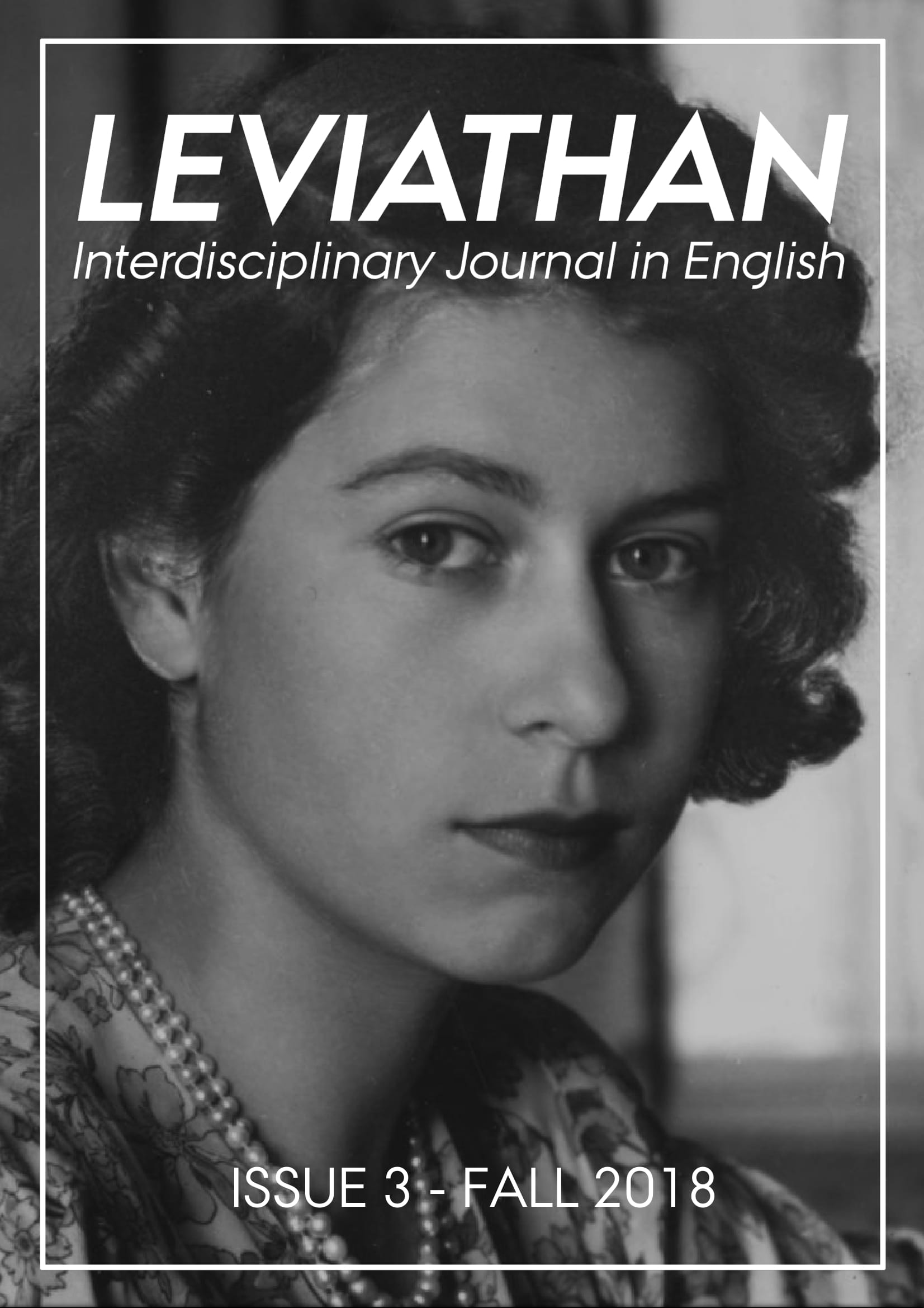Tentative Language Is Kind of Complicated, Isn’t It?
A Critical Overview
DOI:
https://doi.org/10.7146/lev.v0i3.107779Keywords:
sociolinguistics, gender, tentative language, English Linguistics 3: English in Its Social ContextsAbstract
Some sociolinguists, notably Robin Lakoff, have argued that tentative language is typical of female speakers. However, other studies indicate that gender may not be the only independent variable affecting the use of tentative language. This overview examines the claim that women’s speech is inherently less assertive by critically evaluating the methods and findings of four studies of gender-related use of tentative language. The alternative independent variables that are considered are the gender of the addressee, group composition, gender salience, and topic. The dependent variables vary from study to study, but all fall under the label “tentative language,” such as hedging and tag questions. It is concluded that while there is some evidence the speaker’s gender affects the use of tentative language, the aforementioned variables are likely to have an effect as well. Therefore, this overview supports the theory that considering tentative language typical of women’s speech is a simplified interpretation.
Downloads
Published
How to Cite
Issue
Section
License
Attribution-NonCommercial-NoDerivatives 4.0 International (CC BY-NC-ND 4.0)
You are free to share (copy and redistribute the material in any medium or format).
However:
You may not use the material for commercial purposes.
You must give appropriate credit, provide a link to the license, and indicate if changes were made. You may do so in any reasonable manner, but not in any way that suggests the licensor endorses you or your use.
If you remix, transform, or build upon the material, you may not distribute the modified material.
You may not apply legal terms or technological measures that legally restrict others from doing anything the license permits.





